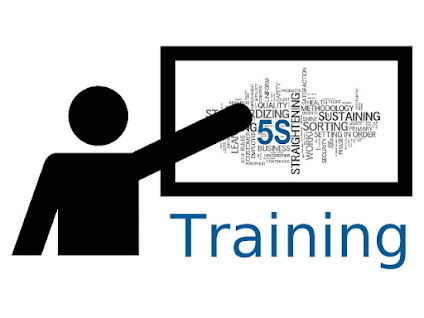What FMEA Is And Why It Is Important In Various Industries?
Failure Mode and Effects Analysis
(FMEA) is a systematic approach to identifying and preventing potential
failures before they occur. Various industries, including aerospace,
automotive, and healthcare, use FMEA to prioritize risks and mitigate potential
issues. FMEA helps organizations reduce costs, increase safety, and improve
product quality.
However, effective implementation of
FMEA requires skilled personnel who understand its principles and methodology.
This is where FMEA training comes in. FMEA training
equips individuals and organizations with the knowledge and skills needed to
conduct an effective FMEA analysis. Without proper FMEA training, its
implementation may fall short, resulting in ineffective or inefficient risk
management. In this article, we will discuss the importance of FMEA training in
ensuring the effectiveness of FMEA implementation.
Benefits of
FMEA Training
Empowering
Individuals and Organizations
·
FMEA training provides individuals with the knowledge and
skills needed to effectively identify, analyze, and manage risks.
·
Trained personnel can help organizations optimize their risk
management, resulting in cost savings, increased safety, and improved product
quality.
·
This training also helps instill a culture of continuous
improvement within an organization, resulting in long-term benefits.
Identifying
Potential Failure Modes and Their Effects
·
FMEA training teaches individuals how to systematically
identify potential failure modes and their effects.
·
This identification helps organizations proactively manage
risks, resulting in fewer failures and reduced costs associated with fixing
problems.
·
FMEA also provides insights into the root causes of failures
and helps organizations develop solutions that address those causes.
Prioritizing
Risks and Allocating Resources Efficiently
·
One of the main benefits of FMEA training is the ability to
prioritize risks.
·
FMEA helps organizations allocate their resources efficiently
and effectively by focusing on high-priority risks.
·
This process prioritizes the risks that are most likely to
occur and have the greatest impact, allowing organizations to use their
resources most effectively.
Overall, FMEA training at Swades QMS is a very
important part in effective risk management. It helps individuals and
organizations with the knowledge and skills required to identify potential
failures, prioritize risks, and allocate resources more efficiently. Through
FMEA, organizations can reduce costs, increase safety, and improve product
quality, resulting in long-term benefits.
Also Read: Hypothesis Training




Comments
Post a Comment